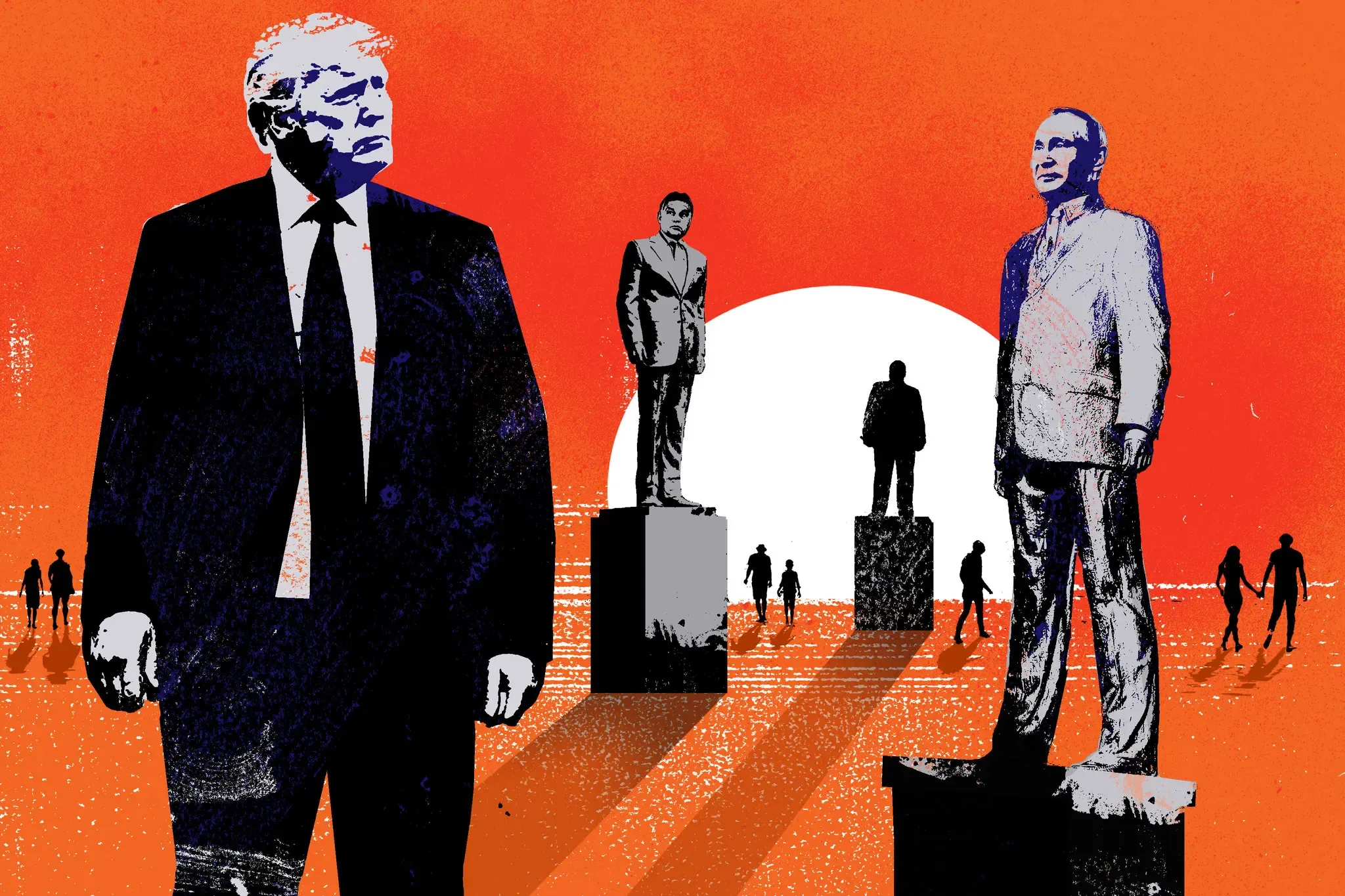Published with the generous permission of Ruth Ben-Ghiat. Read all of her outstanding writing in her Lucid newsletter.
By Ruth Ben-Ghiat
"Would a dictator ever enter a runoff election?" Recep Tayyip Erdogan asked CNN's Becky Anderson this sarcastic question, dismissing concerns that the upcoming presidential election would not be fair. In the 21st century, the answer to his question is yes.
Today's authoritarians often keep elections going to preserve a veneer of freedom, but over time they manage to game the political system so the results assist the leader and his party to remain in power for many years. "We will be together until the grave." declared Erdogan ominously in his victory speech.
This is called electoral autocracy, and it boosted Erdogan to a narrow victory (52% vs. 47%) over opposition leader Kemal Kilicdaroglu. The principle behind it is simple. The more incompetent and destructive you are as a leader, the more censorship, disinformation, repression, and electoral tricks you require to stay in office. This formula helped Hungarian Prime Minister Viktor Orbán be re-elected last spring.
Our home-grown authoritarians in the GOP are busy trying to perfect electoral autocracy at the state and federal level so that their nihilistic pursuits (trying to crash the national economy and protecting the gun lobby so the mass killings of Americans may continue) won't harm them at the ballot box.
Erdogan needed to game the competition. Turkey's economy is in crisis due in part to Erdogan's contrarian policies, which have produced horrific inflation (44% last month, down from 80% in Oct. 2022). Government negligence deepened the devastating effects of the Feb. 2023 earthquake, which killed 50,000 Turks and left millions full of despair and anger.
So, he acted to neutralize the only man who could have beaten him. Ekram Imamoglu, the popular mayor of Istanbul, could not become the opposition's presidential candidate because Erdogan put a multi-year jail sentence over his head, claiming he had insulted government officials in the past.
Once Erdogan fixed that problem, it was time to focus on making campaigning unpleasant and dangerous for the opposition. During the run-up to the first round of voting in mid-May, Imamoglu's campaign bus (he was canvassing for Kilicdaroglu) was attacked by pro-government thugs throwing rocks. Kilicdaroglu even had to tell supporters to stay at home and avoid public celebrations for their safety if the opposition won. This is the reality of Erdogan's Turkey.
The government upped its game further for the May 28 run-off, dispatching more young loyalists of Erdogan's AKP party to voting stations to menace voters and claim electoral fraud. These AKP operatives are the equivalent of the armies of partisan poll watchers the GOP has recruited to harass and intimidate voters.
The escalation of violence near or at polling stations during this final round of voting was symptomatic of increasing polarization and hate rhetoric in Turkey. Preparing for this election, the president updated his threats against secular and LGBTQ+ Turks with rants against "wokeness" and transgender people--an example of how the GOP's talking points align with those of Moscow and Ankara.
Sadly, the opposition also contributed to this hardened and strife-ridden climate by taking a tough anti-immigrant stance. Perhaps thinking that far-right and ultranationalist voters would come over to their side, Kilicdaroglu made the expulsion of Syrian refugees (there are over 3.5 million of them in Turkey) central to his platform.
Erdogan's government talked about voluntary repatriation for Syrian refugees (versus Kilicdaroglu’s mandatory expulsion) and promised to build homes in Syria for those who are repatriated. Kilicdaroglu spoke of mandatory expulsion. “Syrians must go” is the opposition’s terse slogan. "It's sad to see that a campaign that was based on love and inclusion has taken such a fearful turn," remarked Professor Sebnem Gumuscu of Middlebury College.
We may never know if this move to the right cost the opposition votes. Erdogan's disinformation campaigns have cast opposition politicians for years as "evil terrorists," as Gumuscu points out.
But this much is clear. Becoming more like the adversary is never a good idea when your adversary is a brutal authoritarian and you claim to stand for democracy and human rights.
"True resilience requires overcoming divisions through dialogue and consultation with the people— lessons that have applicability well beyond Turkey," wrote Imamoglu in 2019. While Turks must endure Erdogan and his repression for another five years, those of us who live in democracies cannot leave the fight against electoral autocracy to lawyers and the courts. We must use our rights to mobilize and protest while we still have them and act to reduce polarization by reaching across the political divide.





